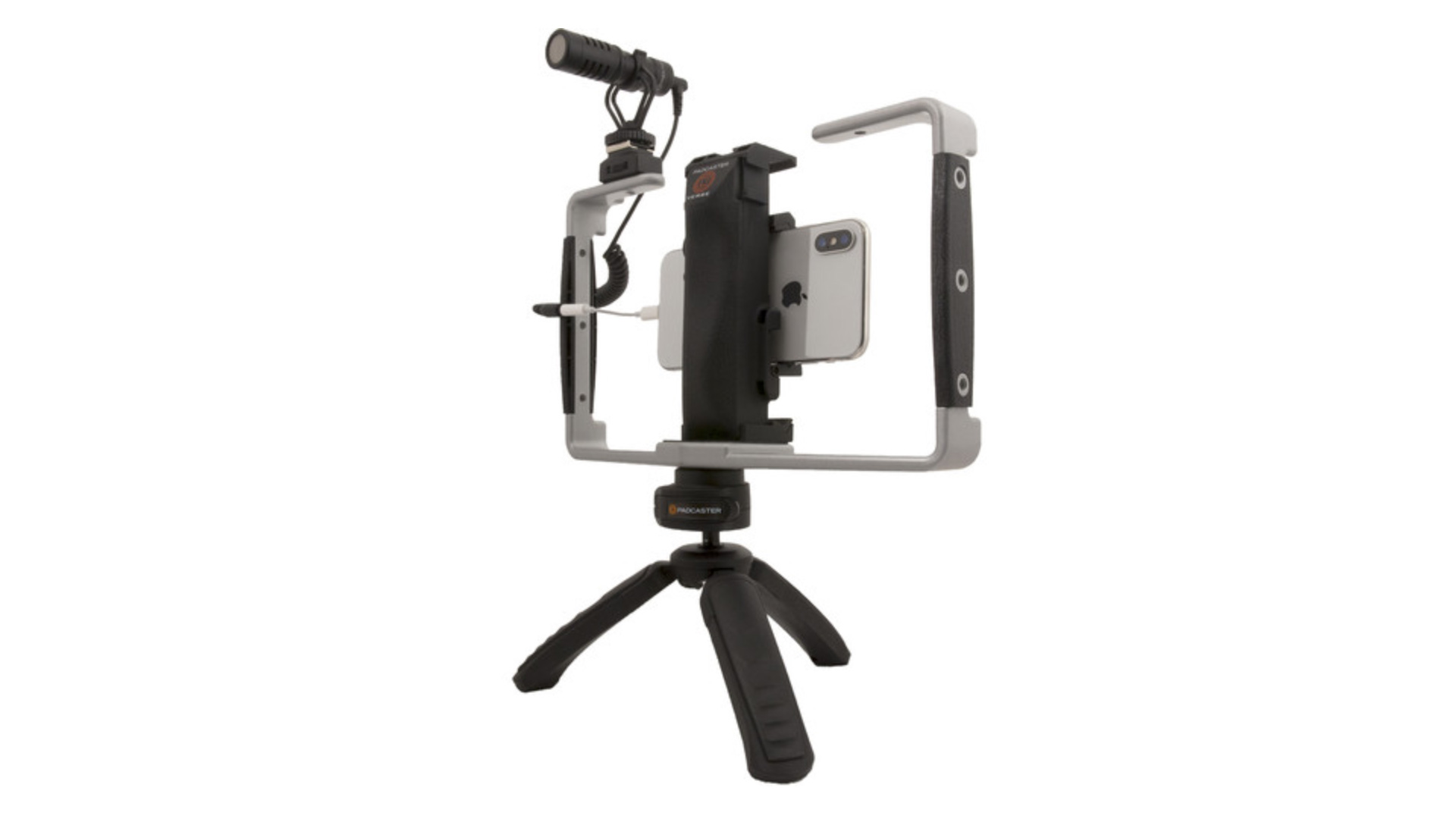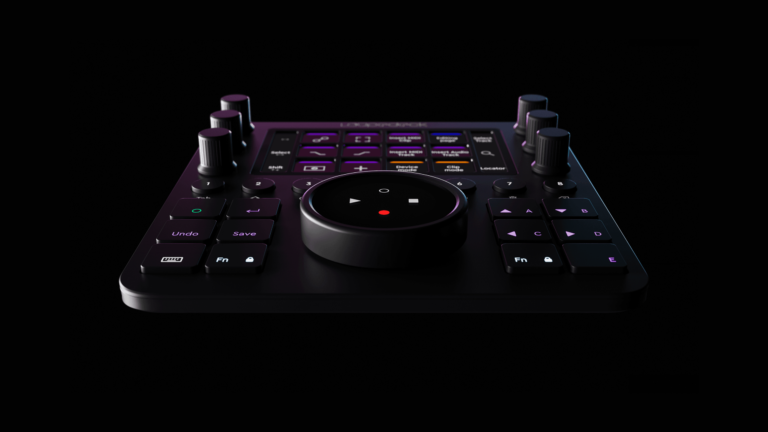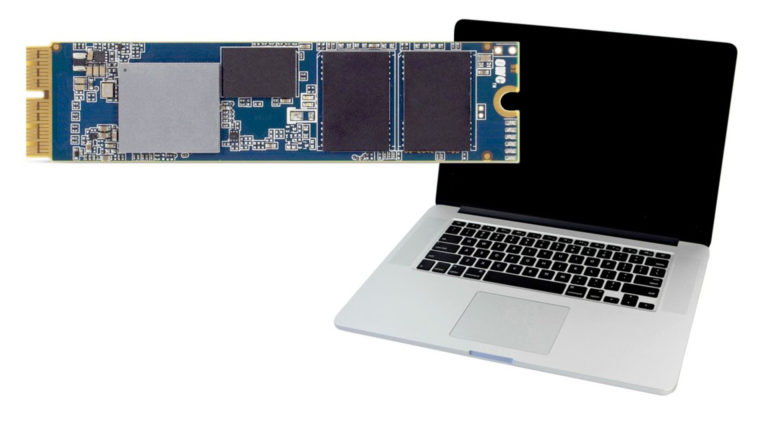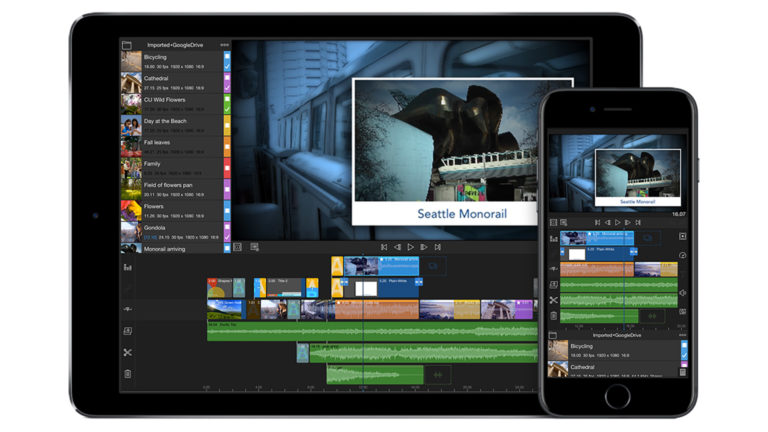The imaging, post-production, and distribution capabilities of the newest generation of smartphones cannot be overstated. The iPhone X series is a veritable powerhouse, with more than enough processing power for multi-stream 4K playback and real-time VR stitching — enough, I dare say, to send a man to the Moon, Mars and worlds beyond. Today’s iPhones and Galaxies can produce sharp high-resolution images of startling clarity and color, that is all the more remarkable in a relatively low-cost device with primitive optics and an inherently low dynamic range.
Filmmakers and shooters have long believed that a camera system is only as good as its optics. Advances in computational photography and the application of onboard LUTs, notably including chromatic aberration compensation, has reduced the importance of pricey, precision-crafted optics to many common applications. The need for high-performance lenses persists for digital cinema and most flavors of mid- and top-level television production, but for those of us slogging away in the trenches of modest web production or blogging, the iPhone, fitted with the right hardware and the appropriate software, can easily meet the demands of low- and no-cost production.

Inclusive of a rugged alloy frame, tripod, grip, and microphone, the economical Padcaster Verse can serve as the centerpiece for bloggers, school clubs, houses of worship, and NGOs seeking a low or no-cost broadcasting setup.
Barry Braverman
The practicality of hardware support tools like the Padcaster depends mainly on recent advances in the iPad/iPhone’s imaging capabilities. Indeed, a significant drawback of smartphones and tablets as imaging devices is the inherent inability of a tiny 3mm sensor to reproduce satisfactory grey scale in high-contrast scenes. The poor low light response of the extremely fine pixels in the typical smartphone is a matter of simple physics, much like the fine grains in low-speed film emulsion, and is therefore unlikely to be ameliorated by hardware like the Padcaster, or even in software via the application of an on-board LUT.

The iPhone benefits hugely from in-camera processing that can conceal or correct common lens defects such as barrel distortion, flare, and softness to the corners.
Providing an integrated all-in-one solution, the Padcaster is very convenient to use, which means a lot in the current scheme of things. As we’ve seen in other ways given the ongoing onslaught of technology, convenience trumps all other considerations. So even as the iPhone cannot possibly perform as well as an Arri Alexa, Panasonic VariCam, or Canon EOS C700 FF, it is undeniably cheap, familiar, and ready at hand. Consider the iPod music player introduced in 2001. It was also cheap and convenient, and it was capable of storing thousands of songs. MP3 files quickly replaced CDs as a dominant technology, despite their compromised, highly compressed audio quality.
Operationally, the Padcaster provides sturdy, two-handed support that is especially effective in run-and-gun fast-moving type applications. Not fitted with a gimbal or other stabilizing device, the included G-Pod grip also serves as an effective mini tripod with an integrated spirit level for shooting from a tabletop, bookshelf, or at floor level. Unsurprisingly, the included mini-shotgun mic will not win any awards for sturdiness or sound quality, but it is adequate, especially given the nifty furry windscreen and shock mount that come with the kit.

The Padcaster Verse ships with a mini shotgun mic, shock mount, and a furry windscreen, which perform decently out to about six feet depending on conditions. Beyond that, you will need a wireless mic or a mic mounted on a boom to satisfactorily capture an interview subject’s audio.
The mini 1/8-inch cabling and plugs connecting the mic and headphones, are strictly consumer-grade and, as such, appropriate caution should be exercised during handling to avoid intermittent or failed connections, Such bit of derring-do is to be expected to some extent in such a low-priced unit. Suffice to say that older iPhones with a dedicated microphone/headphone jack should be cleared of accumulated dirt and lint to ensure a solid audio input into the iPhone. Such are the perils of using your iPhone or any other smartphone for more serious applications.

Also included in the Verse kit: a lightweight mini tripod-pistol grip fitted with a spirit level – a thoughtful touch in such an inexpensive package.
It’s worth noting also that new-generation smartphones can also be powerful editing platforms. For news and documentary applications, the latest mobile software, like Apple iMovie and Adobe’s recently-announced Rush, are capable of assembling finished programs on par with the most sophisticated desktop computer platforms. In the same way that desktop computers eclipsed cumbersome mainframes in the 1980s, so will smartphones almost certainly come to dominate the blogging and personal-broadcast markets.

According to reports, Padcaster will soon be introducing a supplemental lens adapter allowing the use of most DSLR lenses on the iPhone or iPad. The superior image quality and narrower depth of field offered by these lenses will significantly increase the creative options available to users across the board. This sample image utilizes a prototype lens adapter from Padcaster.
Beyond post-production, the smartphone can serve just as well as a robust distribution platform, funneling live, simple content to the web via Facebook, YouTube, Vimeo, and other similar services. And all this is happening while upper-tier shooters are demanding, even screaming, for ever-larger, higher resolution cameras! Some things in life, folks, can’t be explained.

The Padcaster may be fitted additionally with the Parrot Teleprompter, which is simple to use and inexpensive at $139.
In the end, the Padcaster’s mission is straightforward: to leverage the power of a device we already have and use five hours a day (on average), and transform it into an efficient image capture/editing/broadcast machine. It’s a noble goal. The democratization of the media is an ongoing phenomenon. Whether we welcome it or not, we are all broadcasters now. With the advent of powerful new iPhones, full-featured mobile editing software from Adobe, and simple, inexpensive hardware support from Padcaster, we have the power in our hands to produce polished, finished programs virtually anywhere, and deliver them instantly to the masses.
Now, if only we can use all this power wisely.

The one-inch-square LitraTorch ($79.95) attaches easily to the Padcaster via a slide-mount adapter included in the Verse kit. The LitraTorch offers bright, reasonably color-correct illumination at 5700ºK, with a nifty snap-on diffusion globe.










